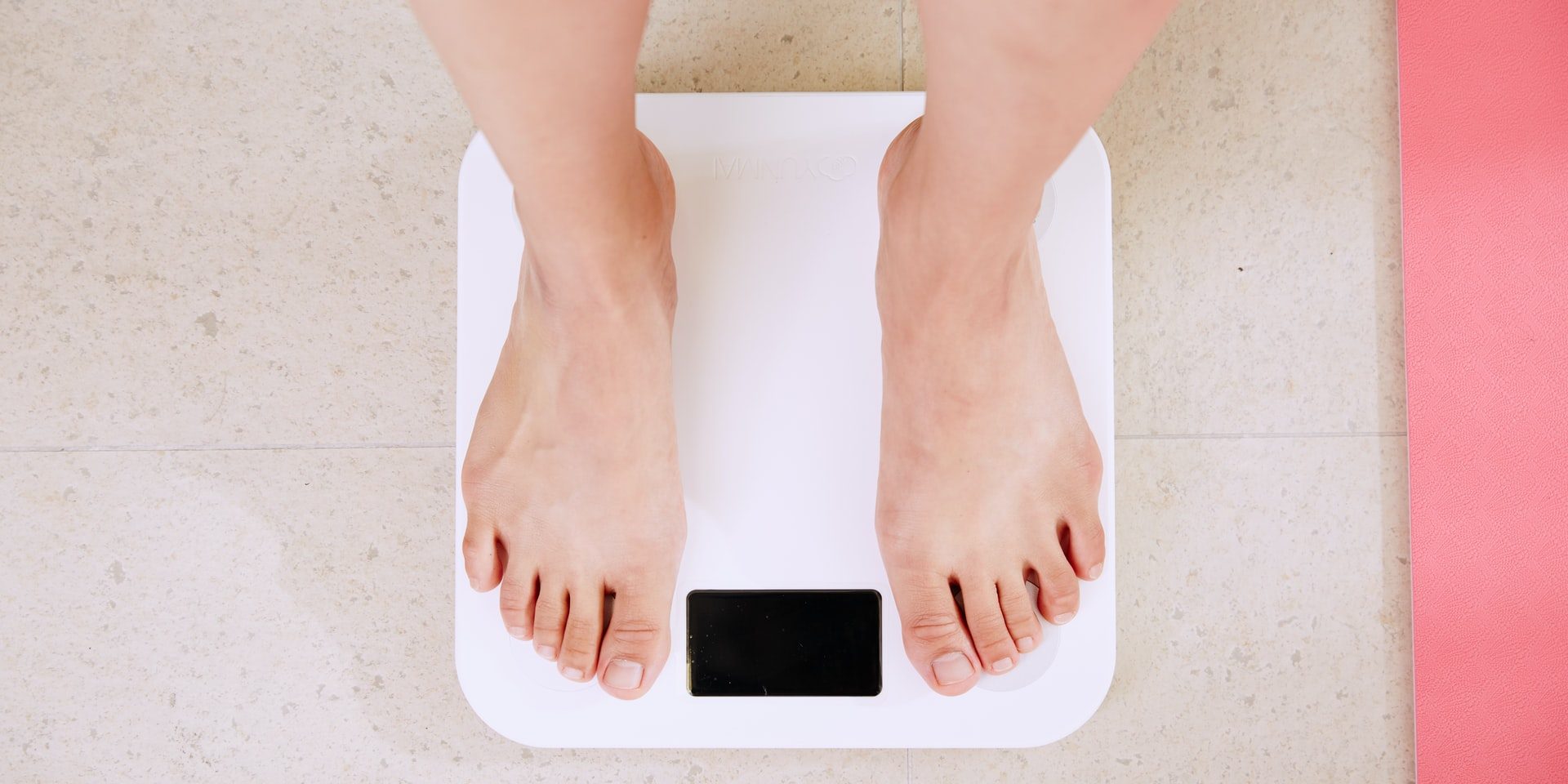Trying to loose weight can be a frustrating process for people. Watching what you eat, how much you eat, counting calories, exercising, the list goes on as does the cycle of weight loss and weight gain.
There are many factors that can affect weight loss however did you know the impact that your thyroid can have on weight loss.
The thyroid is a gland in the neck, near the base of the throat. It makes hormones that help control many of the body’s metabolic processes, such as heart rate, blood pressure, body temperature and weight.
In particular, being hypothyroid can be a problem for people wanting to loose weight. Hypothyroidism is when your thyroid does not make enough thyroid hormone in your body. Hypothyroidism can go on for years without showing any signs. When symptoms do appear, they can be quite varied and can include fatigue, increased sensitivity to cold, constipation, dry skin, weight gain, thinning hair, poor memory and depression to name a few.
Research also shows that hormone resistance problems such as leptin resistance and insulin resistance can contribute to the difficulties many thyroid patients face with loosing weight. Fasting blood glucose levels should also be tested because if they are high and you are showing signs of insulin resistance and pre-diabetes this can make weight loss even more difficult.
There are many diets out there that claim to be the best for weight loss and thyroid.
There are some key features that are important to follow:
* Watching overall calories – there are many calorie calculating apps that you can download and track everything you eat and drink. These are good for people who need to see it in numbers and graphs.
* Watch your intake of raw goitrogens (these block thyroid receptors and lower thyroid function) – soy, broccoli, brussel sprouts, cauliflower, kale, spinach, bok choy, cabbage, millet. Cook to lower goitrogenic effects, ensure enough iodine to balance out effects and keep consumption lower if hypothyroid.
* Reduce refined carbohydrates, sugar and alcohol.
* Reduce saturated fats and fried foods.
* Increase good fats in your diet such as from oily fish, olive oil, hemp seed oil, coconut oil, avocado.
* Go gluten-free – there’s a link between gluten sensitivity and coeliac disease and the development of autoimmune diseases, including Hashimoto’s thyroiditis. Some patients have reported significant weight loss when they shifted to a gluten-free diet.
* Eat a diet rich in the nutrients important for thyroid function:
o Eat selenium rich foods – brazil nuts, sunflower seeds, fish, eggs and mushrooms
o Eat zinc rich foods – red meats, nuts: brazil, almonds, cashews, walnuts, chicken, duck, turkey, eggs, tahini, sesame seeds, sunflower seeds, parsley, mushrooms
o Iodine rich foods – egg yolks, fish
o Protein rich foods – meat, nuts and seeds, eggs, fish, legumes
Other important considerations include:
* Ensure your digestion is good so that you absorb all the nutrients that you need for adequate thyroid function.
* Manage your stress – support your adrenals through nutrition and herbs, yoga, meditation, laughter, dancing or anything that brings you joy. If stress is not managed then this raises cortisol levels which can lead to an increase in blood sugar levels and could lead to blood sugar dysregulation.
* Get enough sleep 8-10 hours is best.
* Exercise – exercising for 1 hour most days trying to get your heart rate up and improve your metabolism.
Nicole Haak is an experienced Melbourne Naturopath whose gentle approach and warm nature enable her to be an empathetic and supportive practitioner who takes a genuine interest in her clients’ needs. She has a deep passion for what she does. This is evident by her holistic approach to helping her patients find solutions to their health concerns and improve their quality of life.







